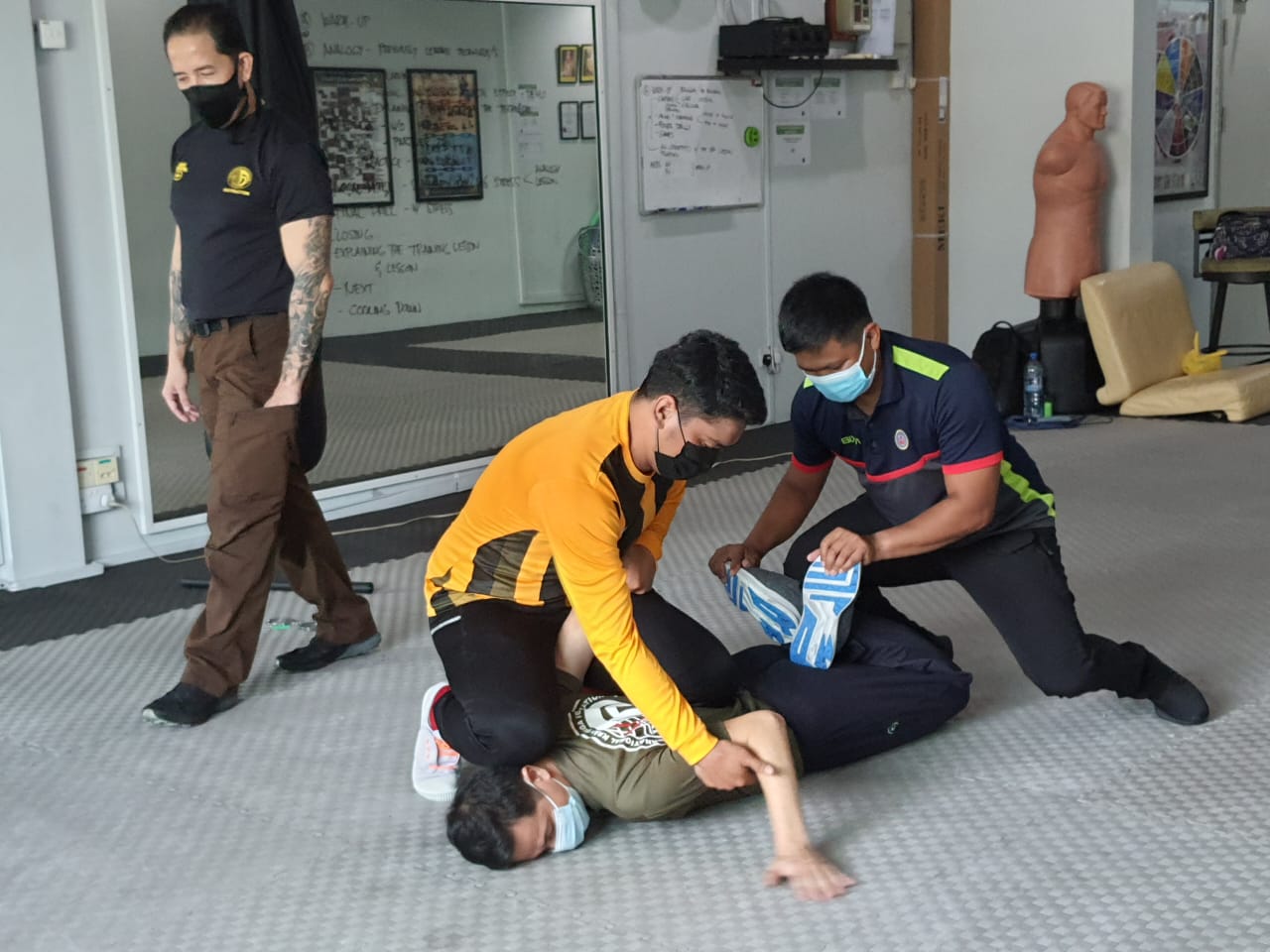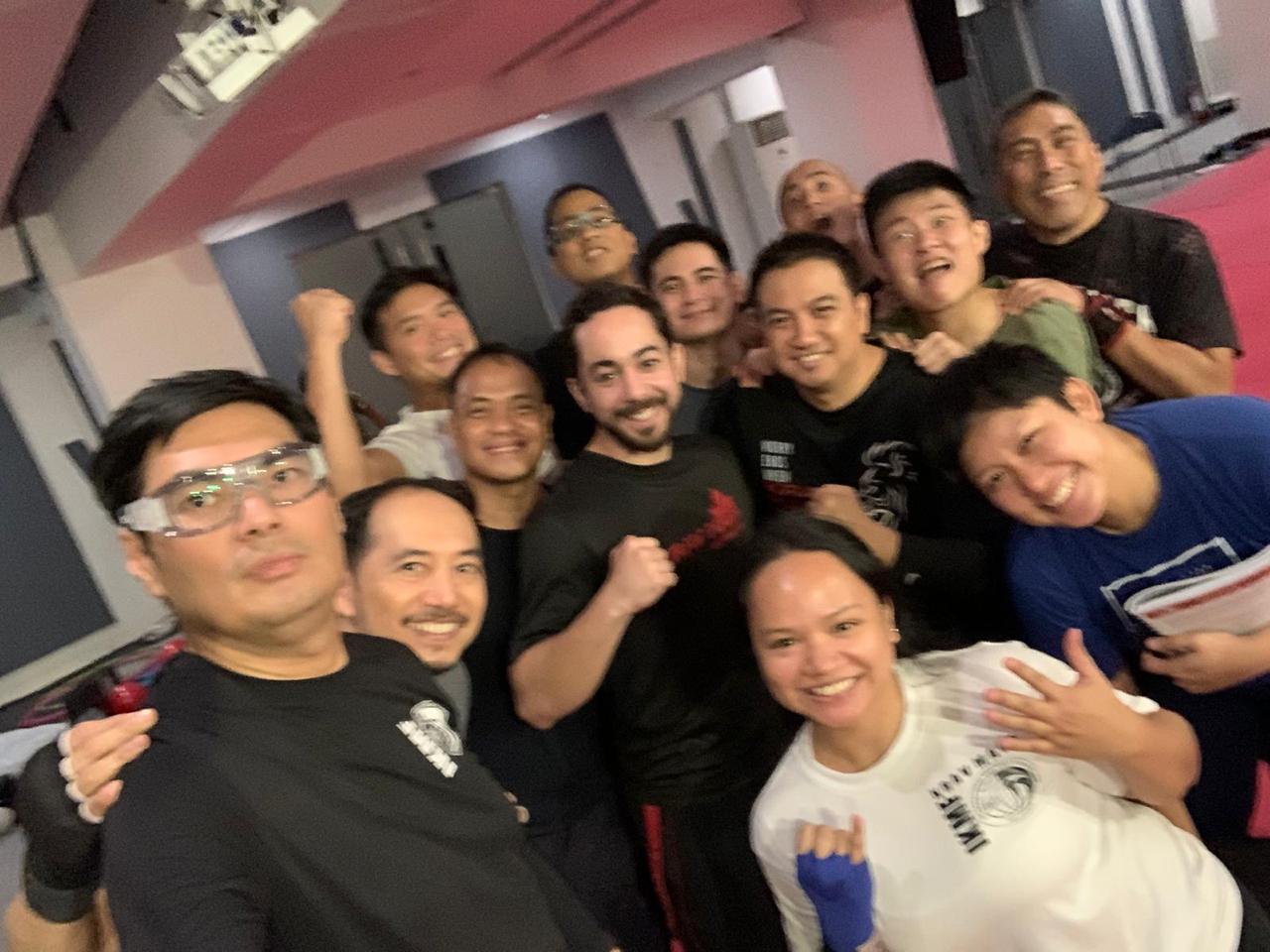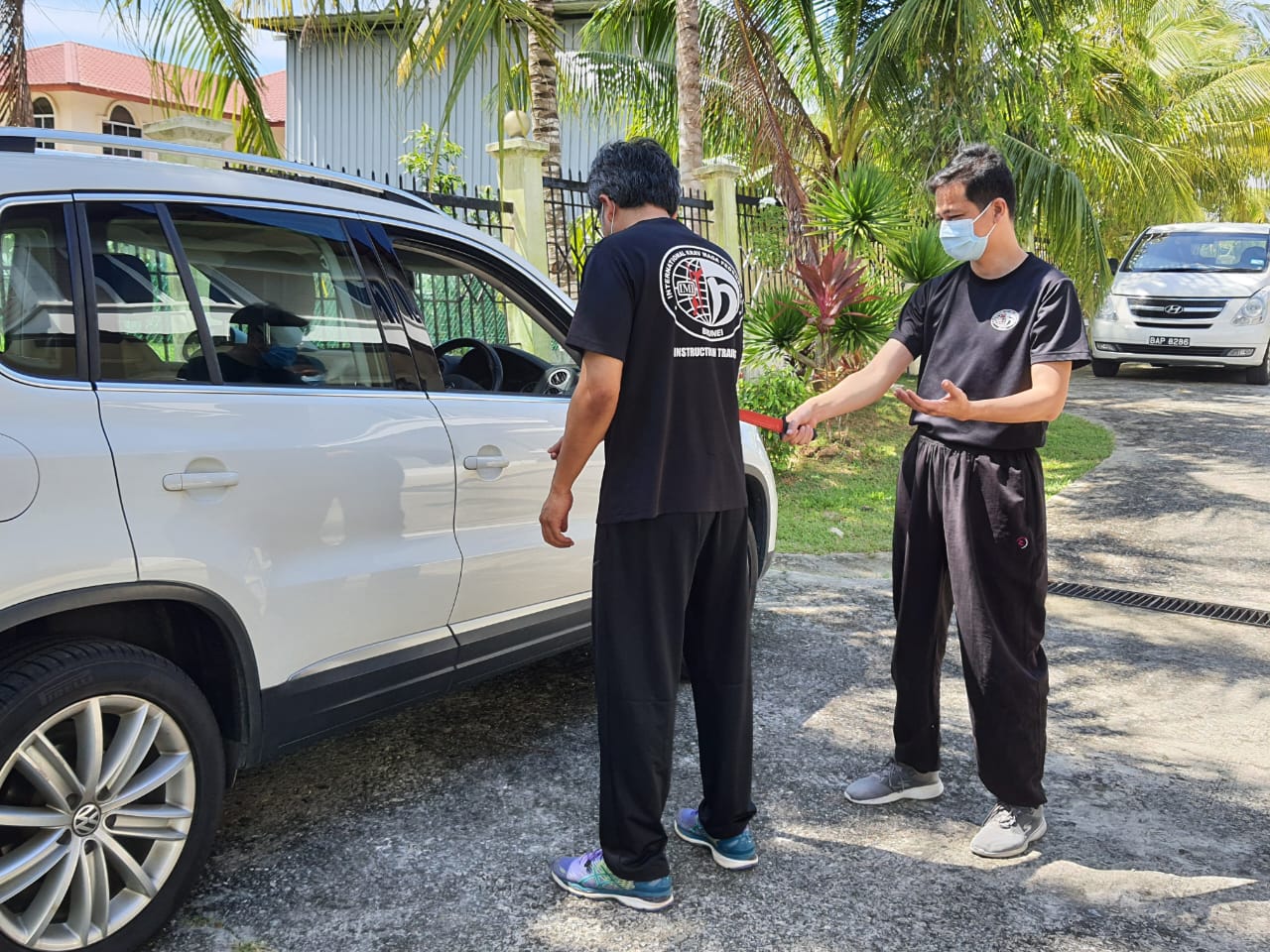
Professional Programs
- Physical Confrontation Risk: Low
- Designed for: Regulators or Inspectors
- Total Training Period: 16 hours
- Certificate Validity: 3 years
- Physical Confrontation Risk: Middle
- Designed for: Security personnel
- Total Training Period: 32 hours
- Certificate Validity: 3 years
- Physical Confrontation Risk: High
- Designed for: Field operatives
- Total Training Period: 80 hours
- Certificate Validity: 3 years
- Designed for: All fitness level
- Total Training Period: 24 hours
- Program Duration: 4 weeks

Civilian Krav Maga
Civilian classes are thoughtfully organized to cater to the public during the evening hours. At the core of our mission lies the desire to empower individuals from various walks of life with essential self-defense techniques and the self-assuredness to adeptly handle real-life challenges. Our inclusive approach embraces women, youth, and men of all fitness capacities, ensuring an enriching experience for all.

The Differences
Civilian Krav Maga vs. Law Enforcement Krav Maga: While both Civilian and Law Enforcement Krav Maga share the core principles of Krav Maga, they cater to different contexts and scenarios:
- Civilian Krav Maga: Our civilian classes prioritize scenarios encountered in everyday life, such as street attacks, verbal confrontations, and common self-defense situations. Emphasis is on personal safety, escape techniques, and non-lethal defense methods.
- Law Enforcement Krav Maga: In contrast, Law Enforcement Krav Maga is tailored to address the unique challenges faced by law enforcement professionals. Training covers arrest techniques, handling armed confrontations, and controlling high-risk individuals.
- Civilian Krav Maga: Civilian training emphasizes avoiding escalation when possible and using force proportionately to protect oneself or others without causing unnecessary harm.
- Law Enforcement Krav Maga: Law enforcement personnel are trained to use force as a last resort and in accordance with their profession's guidelines and legal constraints.
Client Testimonials
I've been attending Contact Combat's Krav Maga classes for six months now, and I couldn't be happier with my decision. The instructors are incredibly knowledgeable and patient, breaking down complex techniques into easily understandable steps. I feel more confident in my ability to defend myself, and the value for money is unbeatable! It's an investment in my safety and well-being that's worth every penny.

Ben M. - Civil Engineer, seconded to Brunei:
Being away from home for college made me realize the importance of personal safety. Joining Contact Combat was one of the best choices I made. The instructors are friendly and approachable, creating a comfortable environment for learning. I've learned valuable self-defense skills that make me feel safer and more empowered on campus. The affordable pricing made it accessible for a student like me, and I highly recommend it to anyone seeking quality Krav Maga training.

Sarah L. - College Student, studying in Kuala Lumpur
As a security officer, I understand the importance of staying sharp and vigilant. Contact Combat's Security Training surpassed my expectations. The instructors are seasoned professionals, and the training is tailored to real-life security scenarios. The value for money is exceptional considering the comprehensive knowledge and skills gained. Thanks to Contact Combat, I'm now more confident and prepared in my role as a security professional.

Ahmad K. - Security Officer, Private company in Brunei:
With a busy schedule, I wanted a self-defense program that was effective yet flexible. Contact Combat's Civilian Krav Maga classes fit perfectly into my evenings. The instructors are not only skilled but also incredibly supportive, making learning enjoyable. The peace of mind I've gained from this training is invaluable. The investment in my safety and my family's is worth every cent!

Lina A. - Working Mother, Brunei:
As a business owner, safety is paramount for business premise. Contact Combat's Security Training has made a significant difference. The instructors' expertise and practical approach have improved their response to potential threats. The value for money is exceptional, and it is reflected in the enhanced security measures we can now provide. A big thank you to Contact Combat for being our trusted partner in safety and security.
